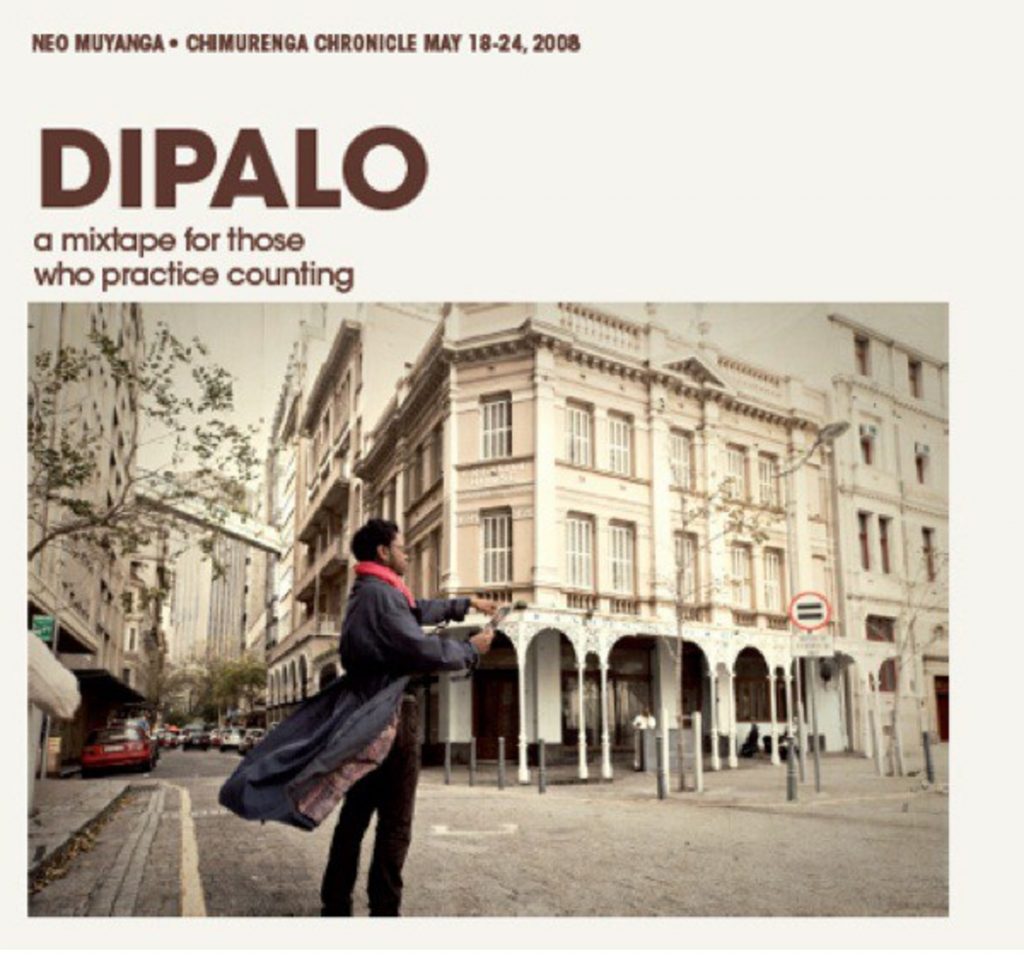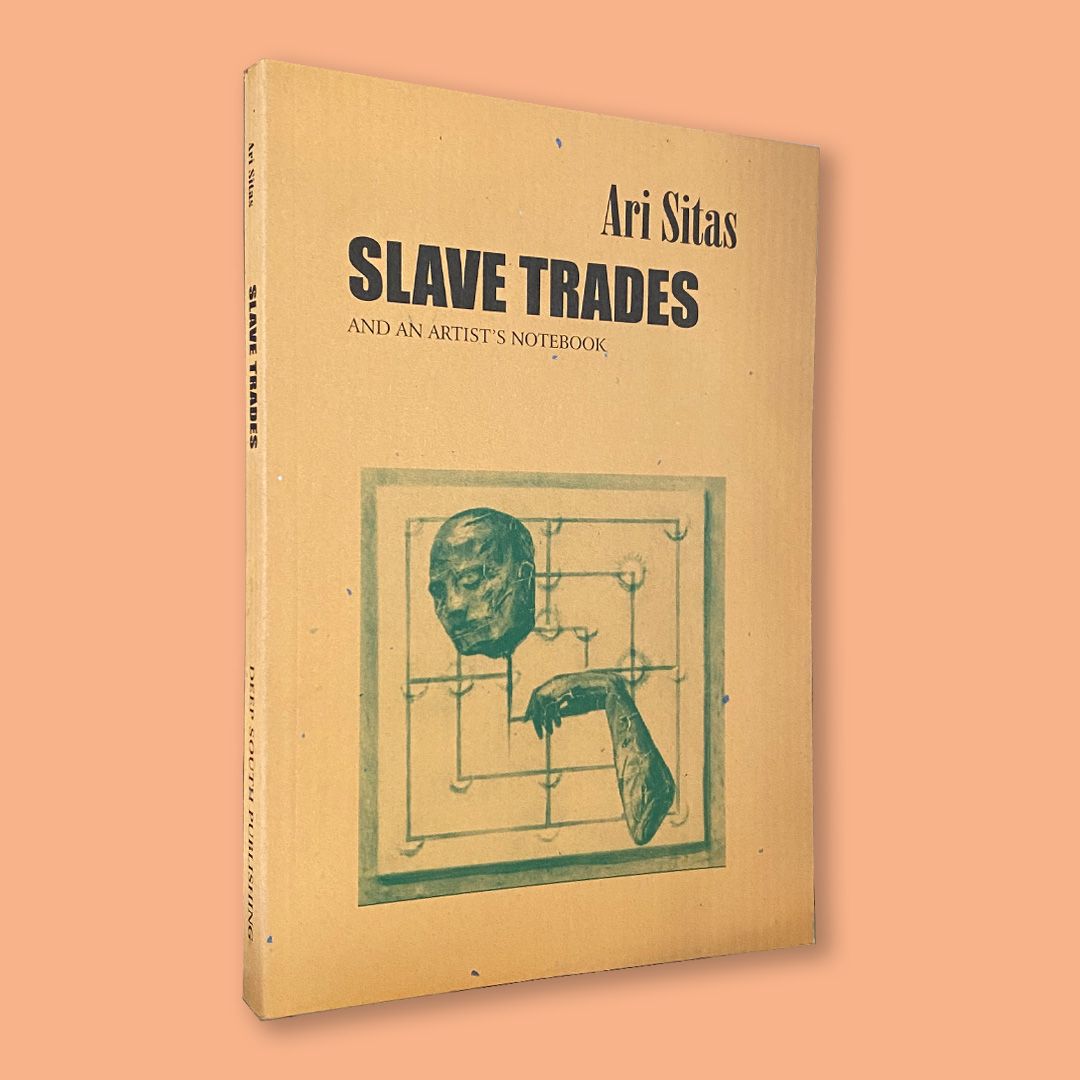Composed, arranged and performed by Neo Muyanga, this audio cd supplement was part of the Chimurenga Chronicle (October 2011) , a speculative newspaper which is issue 16 of Chimurenga.

Tracklist:
a) 1+1= (a re-composition of a 5000-year-old offering to Lord Ganesha, the Hindu deity, an opener of sorts)
b) 4:7 (heaven’s on the ocean is a proportional refrain on reaching nirvana, the 7th grade, via the mundane material world)
c) 3sin= rθ (sino projection technology theme)
d) 3(x)n (illegal border crossing and migration theme. composed for dancers)
e) e=mcx \rightarrow \infty (a true story about an explosive riot day with SADF soldiers who attacked Soweto on June 16th, 1985. Composed for those who got hurt)
f) ƒ:X→Y (horizon heart aflame. Composed for a lover)
g) (a summing of random themes theme)
h) 4x+2 (the 2 or 4 step theme)
i) y~ 6/8 (a travelling theme in 6 parts over eight. Composed for puppets)
j) y\ge \!\, 6/8 (a running theme in 6 parts over 8 )
k) 1/4° (a kota bread theme. Composed for skolies and thieves)
l) (a perpetual circle. Composed for an apartheid-era multi-racial soccer club)
Slave Trades and an Artist's Notebook by Ari Sitas (Deep South, 2000)
Slave Trades and an Artist's Notebook by Ari Sitas (Deep South, 2000)
In 1874, aged 20, the visionary poet Arthur Rimbaud abandoned poetry and left France for Africa.He spent some years in Cyprus and Aden before settling in Ethiopia during the reign of kings Menelik and Makonnen. He became a trader in coffee, guns and hides, and toyed with the idea of trading in slaves.
Ari Sitas' long poem Slave Trades is an attempt to express the voice of a cynical Rimbaud, his Ethiopian "wives", the voices of the marketplace, priests, poets and kings. These voices form a fugue of vivid images of early colonial brutality and African resistance, both political and spiritual: "I hope still, therefore I am".
Artist's Notebook, the second part of this volume, is a fictional account for the same terrain set in the 1990s. Ethiopia is war-ravaged, and a group of disaffected people, some of them descendants of the characters in Slave Trades, are puzzling out their roots and their identities.

